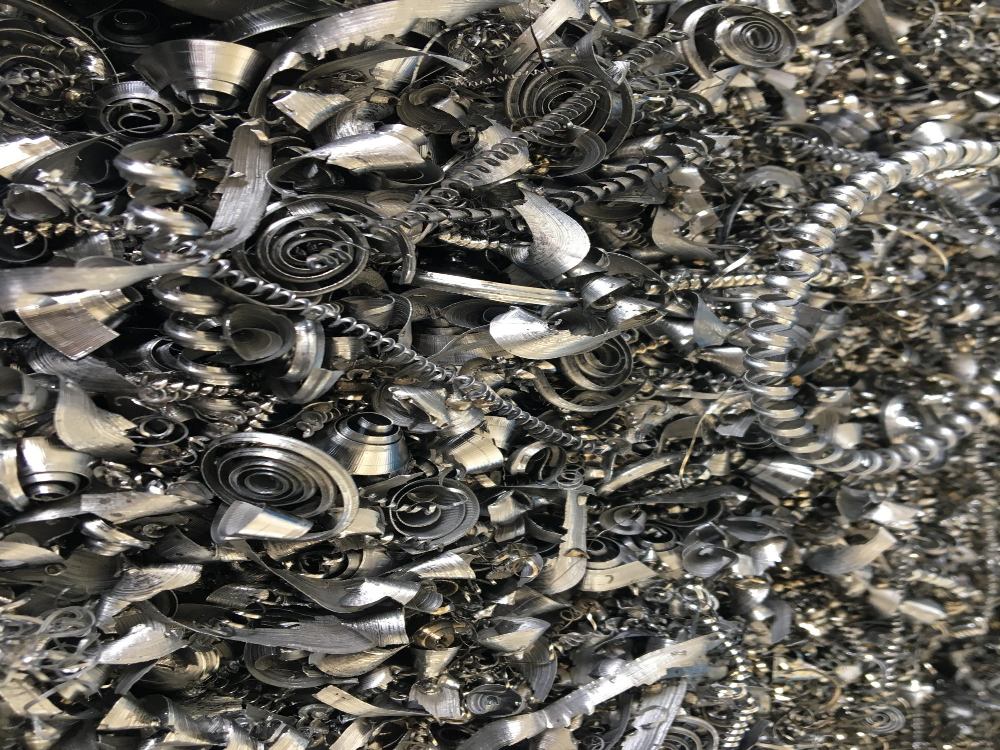

MAR 01, 2024
Scrap metal recycling is an incredible opportunity in today's ever-evolving recycling world. Everything from aluminum cans and steel beams can be turned back into valuable resources by shredding. However, they must go through this essential step before being put back to use. RCM Recycling explores this process and its role in scrap metal recycling.
Imagine an active scrap yard filled with piles of metal waiting to be processed; among its various activities, shredding is an integral step of recycling scrap metal. So why is shredding so significant in scrap recycling efforts? Let's explore this vital activity further by unpacking its significance within its larger scrap metal reuse and disposal ecosystem.
Shredding's most prominent advantage lies in its capacity to increase the surface area for metal scraps. Shredding large items into smaller ones exposes more exposed areas that recyclers can utilize more easily in accessing and extracting valuable metals for recycling - ultimately increasing efficiency and yield during subsequent processing stages and maximizing scrap metal shipment value.
Shredding is integral in making scrap metal recycling sustainable by conserving energy and resources. Recyclers utilizing shredding technology can lower energy consumption while minimizing emissions compared to mining or manufacturing processes!
Shredding offers more than environmental advantages; it also holds economic ones for scrap metal buyers and companies. By optimizing metal scrap sizes and shapes, shredding increases the market value of recycled material while at the same time being easier to transport, store, and process, reducing logistical costs while improving overall efficiency - leading to higher returns while supporting sustainable practices.
Shredding also enhances the safety and usability of recycled metal products by dismantling large metal objects into smaller fragments to remove potential hazards such as sharp edges or protruding parts that pose risks to recycling personnel or end-users of recycled material.
Selecting an efficient scrap metal recycling company is critical to ensure a seamless recycling experience. Here are some factors you should keep in mind when making this selection:
Always opt for a scrap metal company with an outstanding track record in the industry and proven reliability and professionalism, if possible, to ensure quality services and fair compensation for your scrap metal.
Carefully consider the scrap metal company's services, from pickup and transportation services to convenient drop-off points and locations. Identify a provider whose offerings will make recycling simpler for you.
Choose a company with clear price lists and honest assessments of its worth.
Choose a scrap metal company that values environmental sustainability and responsible recycling practices, with certifications or endorsements verifying their adherence to environmental standards and regulations.
Review customer reviews and testimonials to ascertain client satisfaction with any prospective scrap metal company. Positive recommendations indicate a reliable provider.
Consider the location and convenience of the scrap metal company facilities when selecting one. Look for companies that are easily accessible and convenient when dropping off or collecting scrap metal from you.
Shredding is vital in scrap metal recycling. Advantages range from optimizing resource recovery to contributing to environmental conservation and economic sustainability. Shredding's role will only increase as consumers, businesses, and communities prioritize sustainability and responsible resource management. This drives further innovation and progress within scrap metal recycling as an industry. Join RCM Recycling in recycling scrap metal to forge brighter, greener futures!